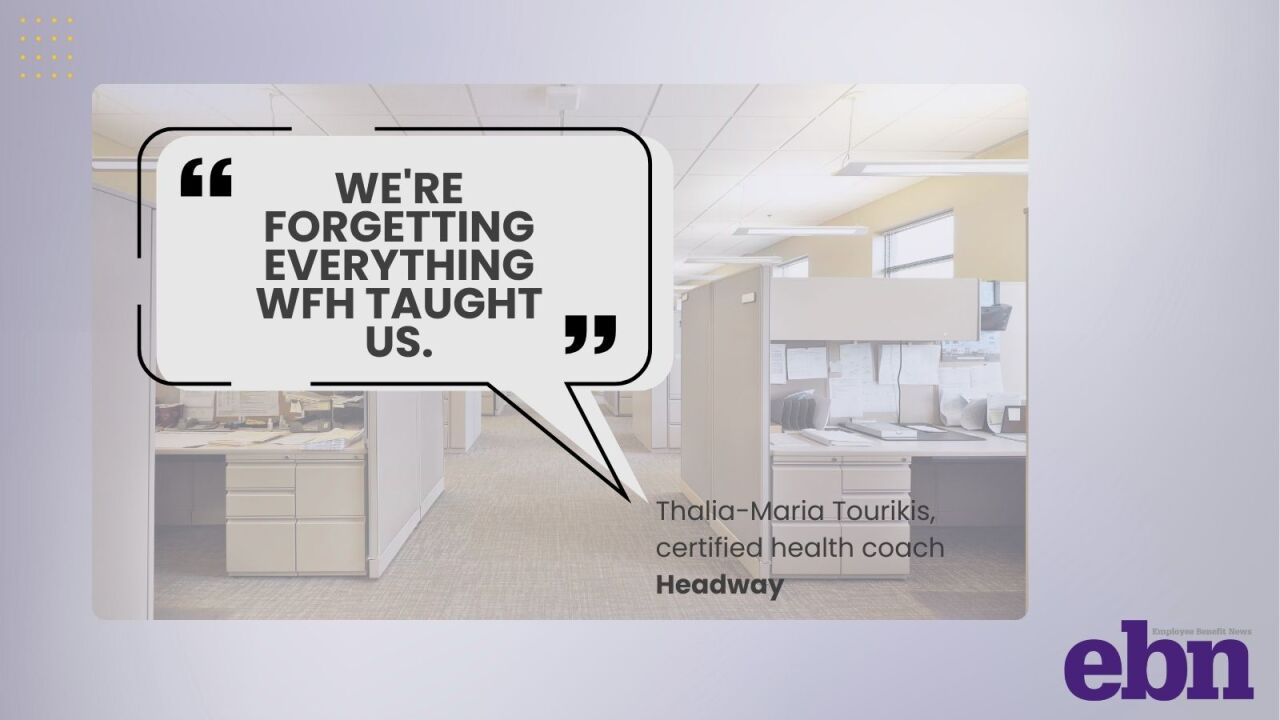Student loan debt can be one of the banes of existence for many. A 2016 report by the Citizens Financial Group found that college graduates under the age of 35 spend nearly a fifth of their income on paying off their student loans, and that many expect to be making payments on those loans into their 40s.
That news was confirmed in the Pentegra Millennial Savings Survey published that same year. Although paying down student loans was the fourth-highest priority for respondents — behind paying a mortgage, saving for retirement and paying a car loan — it was, and continues to be, a major concern for new graduates, older people still paying off their student loans, and in many cases their families.
And the most recent data shows that the picture is getting worse: The average student loan debt for college graduates in 2017 was $39,400, up 6% from the previous year. Americans now owe over $1.48 trillion in student loan debt, roughly $620 billion more than the total U.S. credit card debt.

While there is some solace from the fact that “saving for retirement” was a higher priority than paying off student loans, the fact remains that, as a result of facing such debt, many millennials are taking their eye off the retirement savings ball.
However, help may be on the way from a perhaps unexpected source: The Internal Revenue Service. On August 17 in a
Abbott Laboratories confirmed to The Chicago Tribune that it was the employer that had requested and received the ruling. According to the article, any U.S. employee of Abbott Laboratories “who devotes at least 2% of his or her paycheck to paying off student loans can get a 5% 401(k) contribution from Abbott. That’s the same percentage match given to employees who contribute 2% to their 401(k)s. The program will allow people to accumulate savings in their retirement accounts without committing any of their own money.”
The employer also benefits by providing such a solution in its recruiting of new, and retention of existing, employees; prospective employees are likely to take this perk into consideration, especially if his or her other potential employers do not have such a program in place.
Lest one think that the IRS has given the green light for every company to jump aboard, remember that a private letter ruling is not the same as definitive IRS guidance. It only applies to the plan by Abbott, which requested the ruling.
See also:
So what can employers do now to take advantage of this new development?
One approach actually predates the August 2018 private letter ruling: Three years ago, PricewaterhouseCoopers introduced student loan repayments as a new employee benefit. The concept is that the employer pays a specified monthly amount — usually around $100 a month — to help pay employees’ student loan bills. A handful of other employers — including
Companies may want to consider applying for their own IRS letter; typically such letters are issued only for the single applicant, be they an individual or a company like Abbott. Nevertheless, it does establish a precedent, which can help another company make its case.
If and when enough IRS letters are issued affirming this approach, the agency will likely make an official “revenue ruling,” which in this case would include many of the specifics that were lacking in the August letter. Those could involve addressing such questions as how an employee can substantiate that the money they received from their employer was indeed used to pay down their student loan debt; whether a plan could make a student loan repayment contribution conditional upon an employee refinancing his or her existing student loans; and whether a third-party administrator can fully deal with such repayment issues as deferment, loan forgiveness, payment restructuring/refinancing and defaults.
Consulting with an attorney, as well as with professional financial and tax advisers, is of course highly recommended.
Nevertheless, this certainly qualifies as potential good news for employers and potential employees —and, in the larger picture, for the retirement savings landscape. We hope that further positive developments in this area are coming — and that the IRS can make the ruling applicable to everyone.





